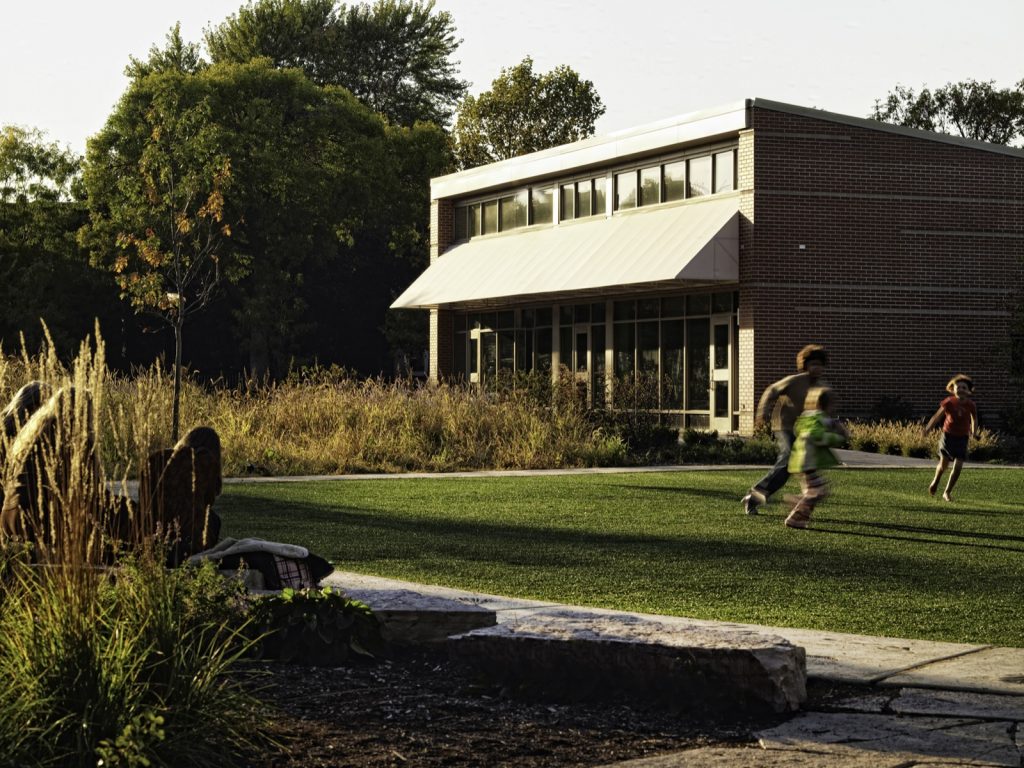
This last year was rocky for my son’s school, Waters Elementary, a public school on Chicago’s North Side. There was a threat to demolish the school’s award-winning community garden to make way for a new annex, a once broadly-loved teacher was found to have raped a 13-year old student, and then the rapist’s replacement teacher allegedly made racist and demeaning insults as a regular part of her instruction to her already traumatized seventh-grade students.
Those are the publicly reported incidents. Then there’s the items talked about among informed parents, but mostly discussed in whispered tones, such as general dissatisfaction over how the school’s principal has released little information about the school annex construction process, problems with another teacher that regularly insults and demeans students, and a growing sense among parents that many of the school’s teachers have become obstructionist and disdainful of parent involvement.
But wait, have I mentioned that Waters Elementary is considered one Chicago’s best public elementary schools? Heavily supported by a well-to-do community, it is well-resourced, and so popular that it is overcrowded because so many neighborhood parents want to send their kids there. The annex is coming to accommodate the booming student population. Viewed against a list of Chicago’s many trouble public schools, Waters is a paradise and example of how public education can be a wonderful success.
Who’s responsible for that success? Parents? Community volunteers? The principal? The teachers?
All of these groups are responsible for Waters’ success, to some degree. But it’s hard to know exactly what successes should be contributed to what group, because although the school is a critical hub for 628 students and their families, a key to our neighborhood, our schools just aren’t set up as transparent government bodies. Without transparency, it’s hard to know who is really responsible for the good things, as well as the bad. That’s a tough reality for any community, let alone one made up of the super type-A personalities living in Chicago’s affluent Lincoln Square.
As a former journalist and a believer in government transparency, I’ve been trying to figure out how to solve this problem. Last fall, when the school’s garden was threatened by a crew that suddenly showed up to start drilling core samples to make way for an annex building, I put together a website and email list to update parents on the annex’ progress.
But as the process went on, it became clear to me that almost all information was moving through the principal – who more often than not seemed to be directed by Chicago Public Schools HQ to not talk to anyone under any circumstances, even the Chair of the Local School Council, a group that is nominally supposed to be overseeing school operations.
Due to a lack of confirmed information, I stopped posting updates. Believe me, the reporter in me didn’t like that decision at all, so I looked at other ways of getting information. Because construction drawings are considered “draft work”, they aren’t subject to Freedom of Information Act (FOIA) requests until they are completed. And that upended the whole point of getting information out – so that parents and community members could be part of the decision-making process beforethe decisions were made.
When I was a political reporter, if I met this kind of barrier, I’d start war-dialing. I’d literally call communications directors or public officials every hour for days, demanding information. Obnoxious? Yes, but very effective.
But war-dialing your son’s principal is not a great idea.
Parents are not unified in their feelings about Waters. Many disagree with me, some suggesting that the school is just fine. Some agree with me that there needs to be improvements, but that my desire for transparency is misplaced.
Making things even more complicated, my wife and I are friends or professional colleagues with many parents. Disagreements about Waters Elementary’s management has the potential of bleeding into personal and work lives, so it doesn’t pay to get too strident about things.
Some parents have told me to stop worrying, with versions of, “Hey, it’s still a good school. Stop complaining because your kid will still get a decent education.”
This approach makes me ill, since it essentially suggests that nothing can ever get better, that complacency is just fine. But still, those parents aren’t wrong. Despite my concerns, Waters is still a good school.
Other parents are attempting to work the process by meeting with the school system’s network chief (similar to an area head of schools) to register their concerns. This must seem like a remarkable turn of events for the network chief, since other elementary schools under his oversight deal with shootings, drug dealing, rampant truancy, and generally uninvolved parents. What’s up with these complaining parents from one of the city’s best schools?
I don’t expect much sympathy or action from the higher-ups, as much as it might be warranted.
I’m stymied, honestly, about what I can do to help make things better. Summer break ends and school starts up again in Chicago in just a few weeks. I’m hoping my son will draw another great teacher, as he has for so many years. I’m hoping the annex will be built to suit the school’s unique needs, rather than the cookie cutter standards we saw come down from HQ. I’m hoping that I’ll learn enough information as the year goes by to stay on top of things for my own son’s needs.
There has got to be a better solution. If you have any ideas, please email me. I’d love to hear them.